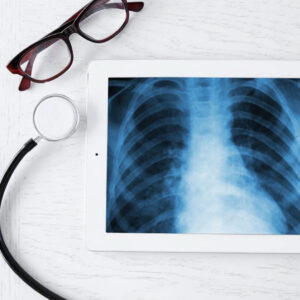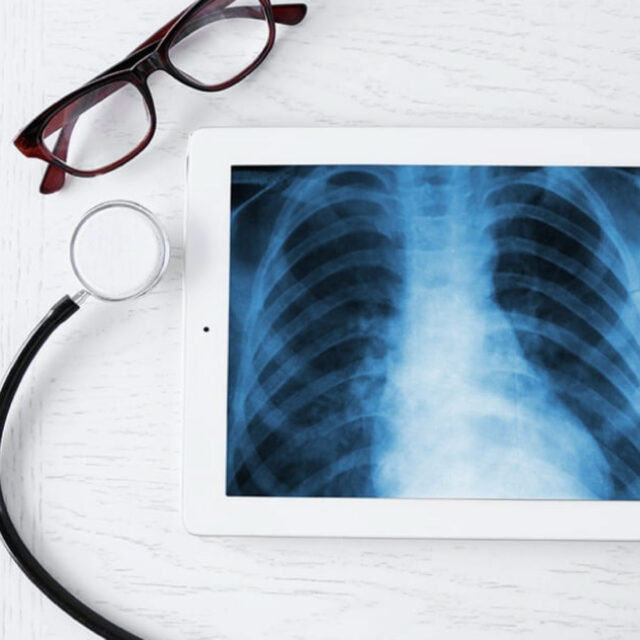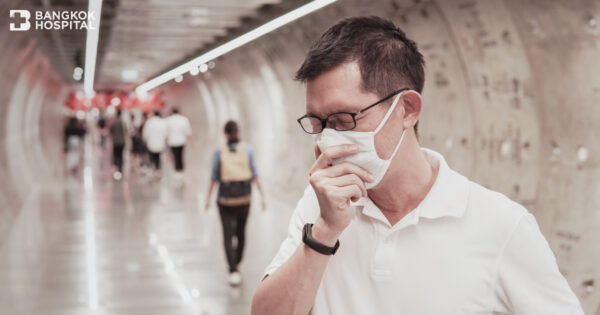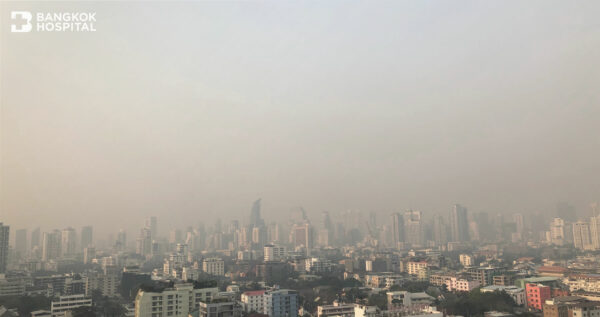The lungs are important to our well-being. If they fail to work, we can die within minutes. If they are not fully functional, we will experience shortness of breath, tiredness and fatigue. Many chronic lung disorders develop over time and slowly destroy lung tissue. By the time we realize there is a problem, it may be too late. Pulmonary functional test for people who have high risks or have early symptoms will help assess, diagnose, and follow the course of dysfunction as well as plan treatment.
Who should get tested?
- People who live in or near high air pollution, such as factories that release air pollution, inner city where there is dense car emission, and cigarette smokes
- People who work in high toxic environment, such as dusty factories, mines, mills, and chemical plants
- Cigarette smokers, people with chronic pulmonary disease and pulmonary conditions, such as asthma, emphysema, etc.
- People who have recovered from COVID-19 at least 4 weeks prior
- People with chronic coughs
- People who experience fatigue without cause. Once the lungs have lost their function due to the course of affected conditions, most will not recover. By the time patients with chronic pulmonary conditions experience fatigue, more than 50% of the lungs may have already been affected, leading to morbidity and difficulty in breathing for the rest of their lives.
How to prepare for pulmonary function test
- Refrain from exercising at least 30 minutes prior to the test
- Refrain from smoking at least 8 hours prior to the test
- Do not drink alcohol on the day of the test
- Stop using prescribed nebulizers as per the physician’s instructions
- Avoid heavy meals at least 2 hours prior to the test
- Avoid wearing tight clothing around the chest and abdomen
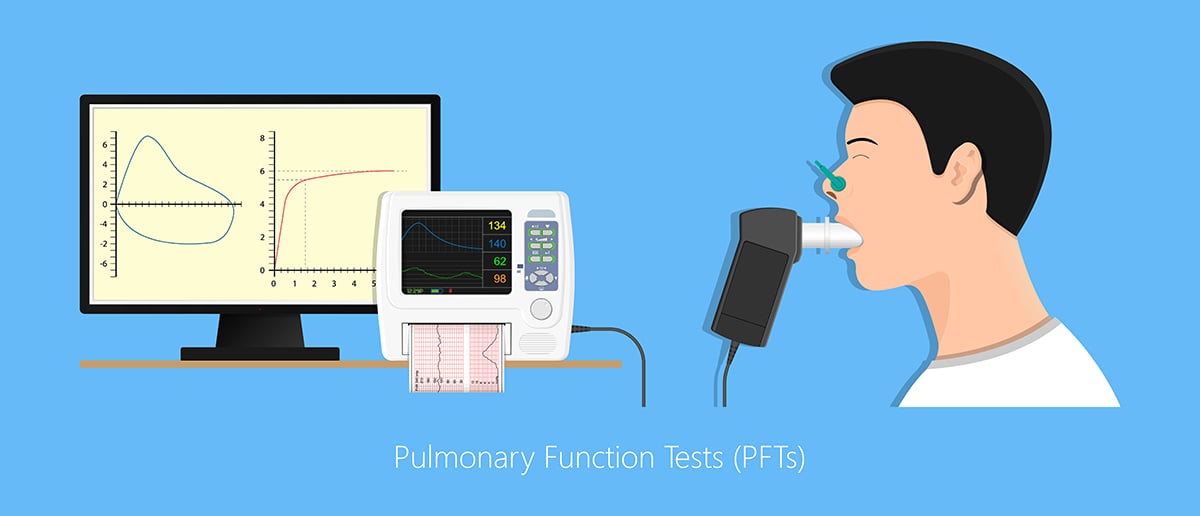
Pulmonary Function Test
- Pulmonary function test is quite easy, painless and does not take a long time at all. There is no need to prepare much, except for wearing comfortable clothes so that patients can breathe fully. Avoid eating a heavy meal before the test. Patients should stop using inhalers and refrain from cigarette smoking at least 24 hours prior to the test. Most pulmonary function test will take about 15 – 30 minutes to complete.
- Most hospitals will use a standardized test known as spirometry, which measures the exhale air volume and the number of breaths of minute. The resulting graph will show the relationship between air volume and time or rate of air flow and volume. The results can be interpreted as normal, obstructive pattern if there is occlusion during exhalation, restrictive pattern if each breath has different volume and mixed pattern where there are more than one type observed.
Benefits of pulmonary function test
Pulmonary function test is sensitive to any abnormality in the respiratory pathway and lungs. Although it may be in the early stages where patients have not noticed symptoms, it can lead to effective treatment. Once the symptoms have manifested as fatigue or shortness of breath, it may mean that more than 50% of the lungs have been affected and treatment may not be as effective, or in some cases, may be too late.
Because pulmonary function test can alert patients to potential risks, it should be performed on an annual basis, especially in patients with underlying risk factors, so that treatment can begin before it is too late.


